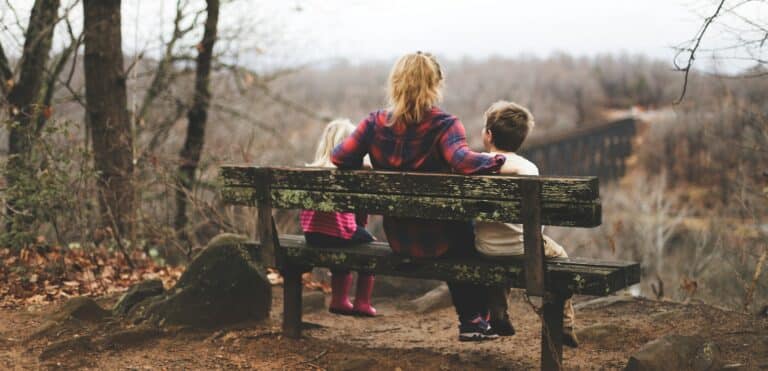Have you experienced a close loss, such as a family member, friend, partner, pet, etc.? During this time of loss and grief, it is extremely important to learns appropriate ways of coping by receiving and accepting support. Everyone’s experiences with loss are different, so it is important to not compare yourself to others throughout the process of healing. During this time, it is important to lean on others, such as family members and friends, go to counseling, or even join a support group. Everyone heals differently and healing can take a long time for some people.
When we are very close to the person that passes away, this can cause a greater amount of grief that does not go away for quite some time. When grief lasts a long period of time this is then considered complicated grief. There is really nothing that prepares us for losing a loved one, especially when it happens unexpectedly. It can be very challenging to figure out how to move on without them, how to take care of things they may have left behind, such as children, animals, bills/finances, etc.

Symptoms of complicated grief:
- Not being able to accept the death
- Not being able to accept how they died
- Feelings of being numb
- Feelings of guilt
- Feeling excessively angry towards the loss
- Having strong emotional pain
- Blaming yourself for their passing
- Having little trust or faith in the world
- Not knowing how to live without them
- Avoiding socialization with others
- Having little interest in the future
- Not being able to enjoy happy memories of the person who died
- Feeling like no one can help or understand
- & More
Complicated grief is very serious. If you are experiencing any of the symptoms above, reach out to a trained professional for help. A therapist can help us talk through these symptoms and help us continue moving forward in our healing journey.

Ways to cope with loss and grief:
- Be patient
Healing does not happen overnight. What you may experience will be different than others, allow yourself the time and space to feel, grieve, and eventually heal.
- Accept and let yourself feel
Allowing ourselves to accept and feel our emotions can be very difficult. Do not expect yourself to feel a certain way and do not let other opinions affect your emotions and healing. Let yourself cry, scream, be angry, or sad, or whatever it is that you need to do to deal with the grief on your own terms.
- Attempt at a normal routine
This can be extremely hard in the beginning, but we must give ourselves some normalcy. This can be going back to work, school, playing sports, socializing, going to appointments, etc.
- Give yourself a break every now and then
In order to heal, we cannot focus on the grief all of the time. Create times for self-care and a distraction such as reading a book, going to a movie, hanging out with friends, getting a facial, etc.
- Create healthy habits
Get plenty of exercise and eat healthy foods. Our physical health greatly impacts our emotional and physical health and well-being.
- Join a support group
This will give you support from others that have experienced similar situations. This can help you as well as others, not feel so alone and feel like they have a place to go.
- Seek a grief therapist
Grief therapists can help us understand and accept our feelings in a safe space, while allowing us to talk through our loss.
- Try something new
Do something that will allow you to express yourself and honor the person who passed away. Write a letter, draw/paint a picture, garden, start a non-profit in their name, advocate for others, or anything else that may help you on your healing journey.
Life is very short and no matter how many times we experience loss and grief, it does not always get easier to figure out how we should be coping. We cannot predict when loss will occur and sometimes it just comes out of nowhere. Give yourself the time and space to heal in your own unique way. Even with all of the responsibilities that may occur after a loss, it is important to take care of yourself throughout the grieving process.
There is no way to rush healing. All we can do is take it one day at a time. Work on ways to coping with your loss and grief and reach out to a therapist for help. We should not have to deal with our grief alone, accept help from family, friends, therapists, etc.




